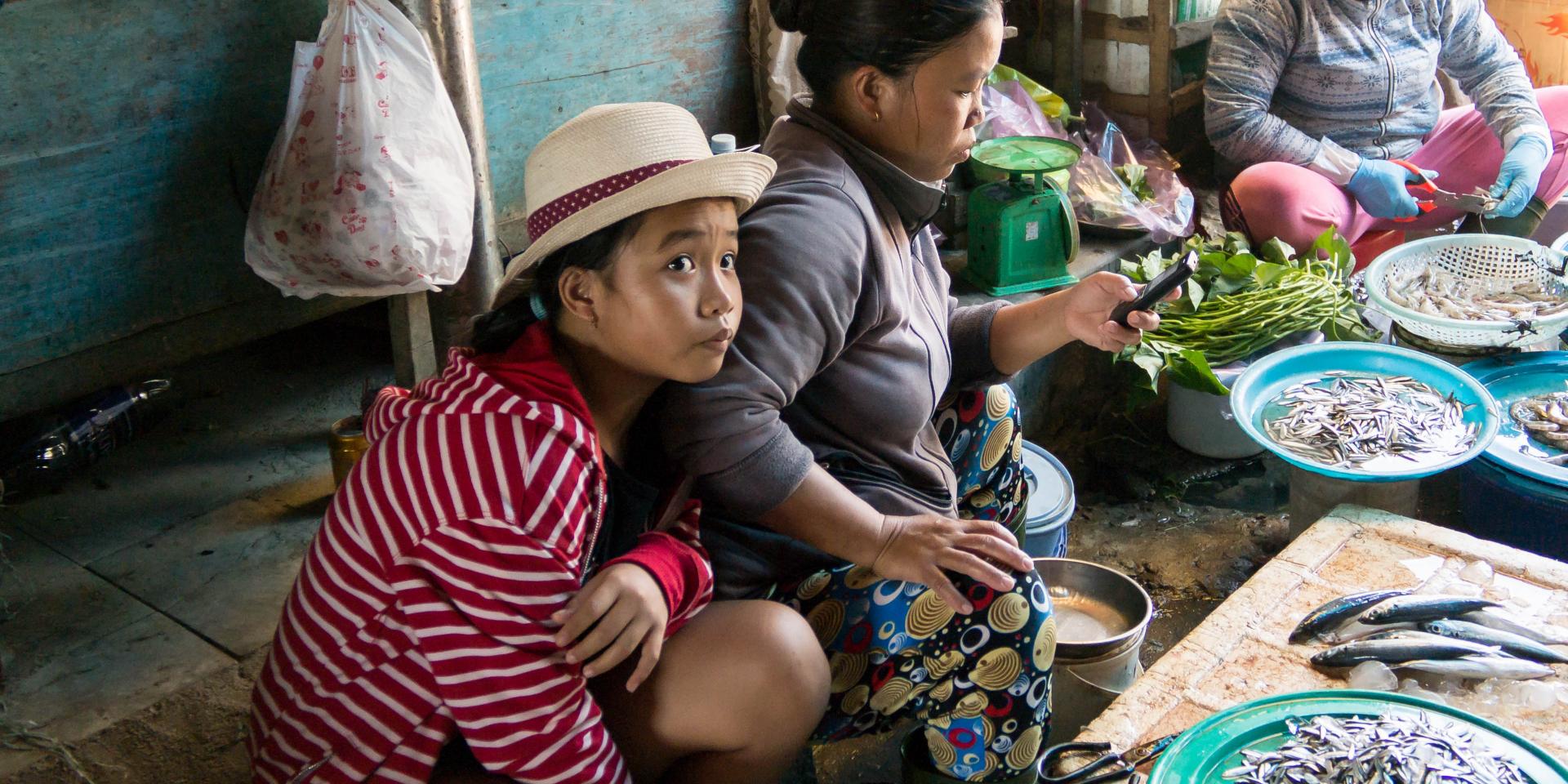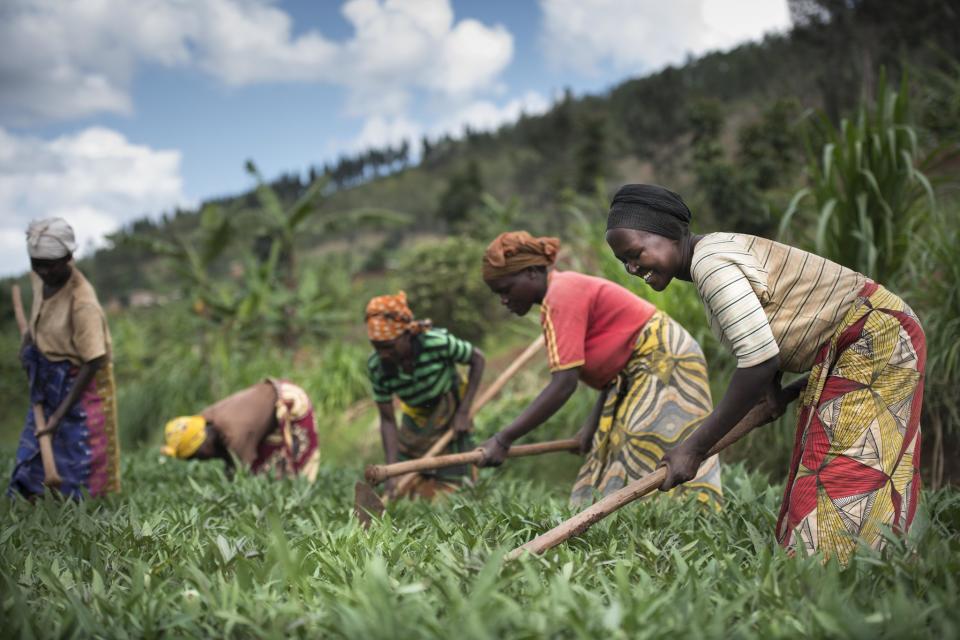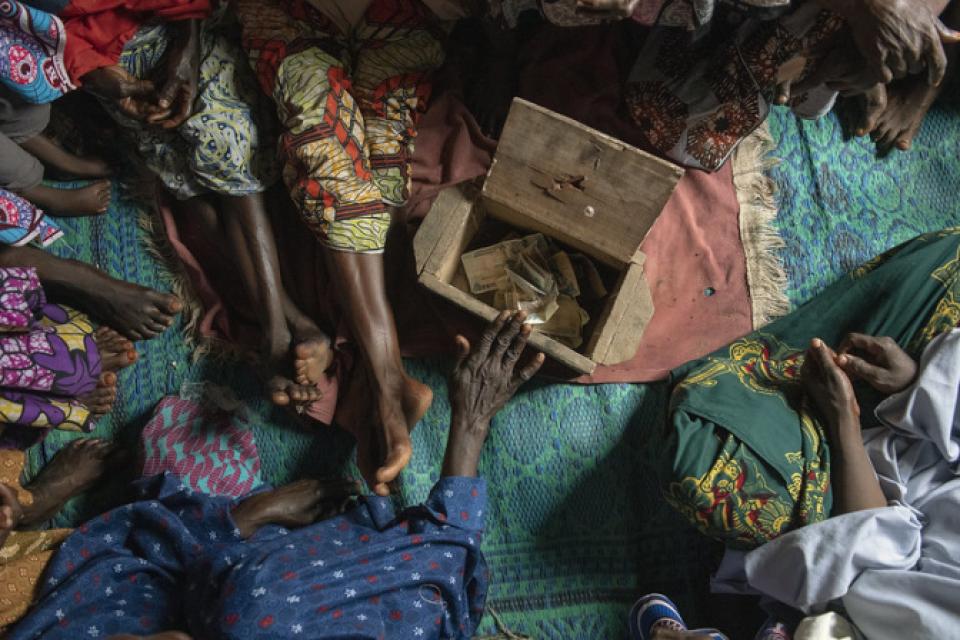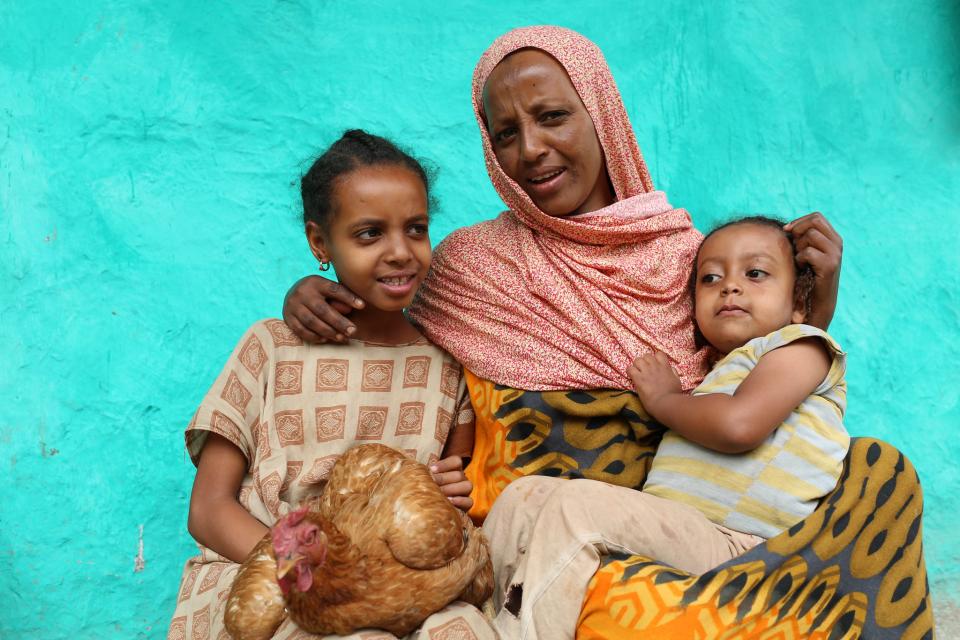Three new CGIAR GENDER Platform grants awarded to better integrate women’s empowerment and nutrition into research design

The CGIAR GENDER Platform has recently announced three recipients of its research grants to integrate women’s empowerment and nutrition methods and tools in CGIAR research (the ‘WEAI-nutrition learning grants’).
Under the Platform’s Methods Module, each grantee will receive up to USD 100,000 for a 15-month project aimed at strengthening capacity to use rigorous methods and tools to comparably measure women’s empowerment and nutrition impacts across CGIAR. The primary goals of these research grants are to help integrate women’s empowerment and nutrition more effectively into the design, implementation, and monitoring and evaluation of CGIAR and partners’ investment portfolios, and build a thriving community of practice among the users of the Women’s Empowerment in Agriculture Index (WEAI) as well as nutrition methods and tools.
The grantees were selected through a competitive process designed by the Methods Module and based on criteria aligned with the Platform’s mission and priorities. All proposals were thoroughly reviewed and evaluated by an independent panel of experts. The three selected projects aim to measure women’s empowerment and nutrition outcomes in various contexts, including a seed system among ethnic minorities in Vietnam, income-generation activities through orange flesh potatoes in Ghana, and small-scale fisheries and aquaculture in Bangladesh.
Learn more about each of the recipients below:
Alliance of Bioversity International and CIAT: “Women’s Empowerment in a Seed System for Nutrition Intervention Among Ethnic Minority Communities in Northern Vietnam” (led by Dr. Kees Swaans)
This research project aims to analyze impacts of a seed system for nutrition intervention on women’s empowerment among ethnic minority communities in northern Vietnam. It leverages an existing project that seeks to elucidate how, and under what synergistic modalities, the use of diverse quality vegetable seed translates into enhanced smallholder income and nutrition security. Findings generated from this study will provide a gendered understanding of empowerment among ethnic minorities, and the context within which interventions in seed systems may contribute to women’s empowerment, enhanced smallholder income, and nutrition security.
International Potato Center (CIP): “Adaptation and Integration of Women’s Empowerment in Agriculture Index (WEAI) and Nutrition Assessment Approaches and Tools into the Context of Northern Ghana (AIWNA)” (led by Dr. Jan W. Low and Dr. Nozomi Kawarazuka)
This research project is designed to inform the development of the most appropriate intervention strategies for the new 4.5-year gender and nutrition project, “Generating Revenue & Opportunities for Women to Improve Nutrition in Ghana (GROWING)” that introduces drought-tolerant, vitamin A–rich orange-fleshed sweet potato varieties along with agricultural, social and economic interventions in northern Ghana. The WEAI-nutrition grant will help assess underlying structural barriers to develop an intervention strategy that helps transform gender norms and roles as well as attitudes and behaviors toward more equitable outcomes for women, in particular, their nutritional and financial security.
WorldFish: “Women’s Empowerment and Improved Nutrition: An Assessment of a Project in Bangladesh Using an Adapted Version of Pro-WEAI for Small-scale Fisheries and Aquaculture (Pro-WEFI)” (led by Dr. Surendran Rajaratnam and Dr. Rahma Adam)
This research project will use an adapted version of the pro-WEAI tool in small-scale fisheries and aquaculture with the add-on health and nutrition module (Pro-WEFI+HN). It aims to measure preliminary changes in women’s empowerment and nutrition outcomes of an intervention funded by the Bill & Melinda Gates Foundation, “Aquaculture: Increasing income, Diversifying diets, and Empowering women (IDEA)” project, currently being implemented in Bangladesh. Findings generated from this study are expected to inform the implementation of the IDEA project as well as other relevant WorldFish Bangladesh projects and potentially influence government policy and civil and private sector investments.


